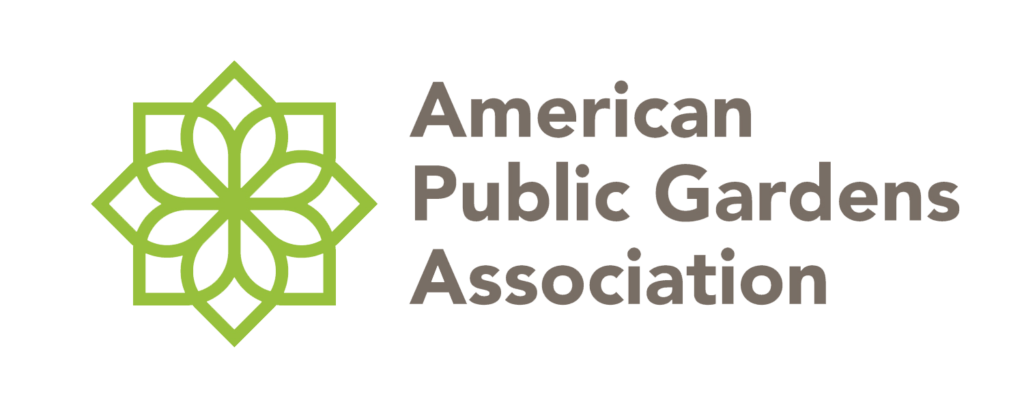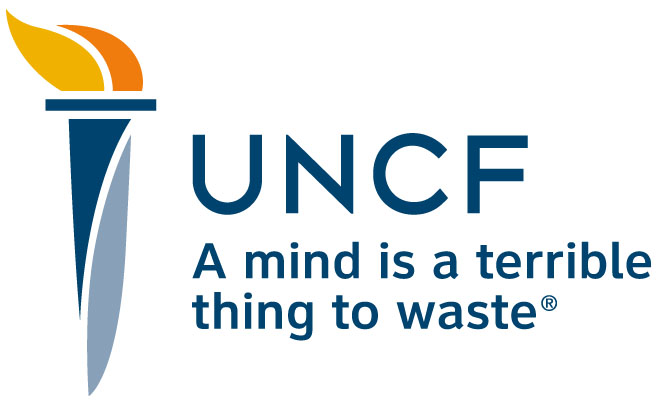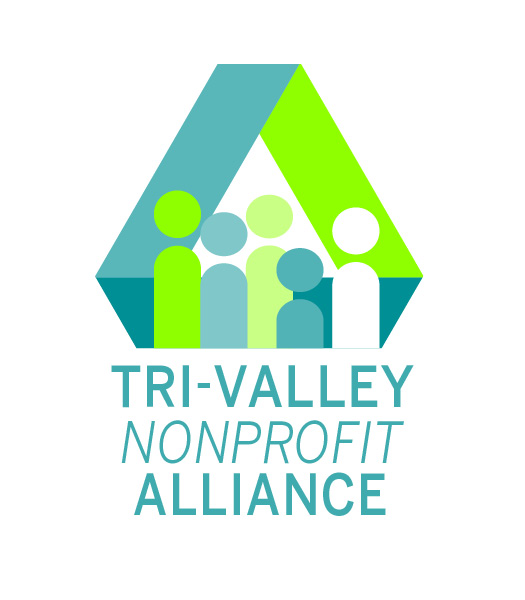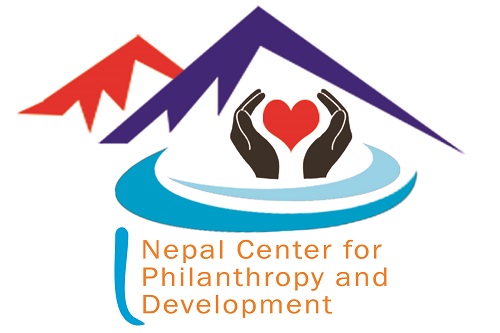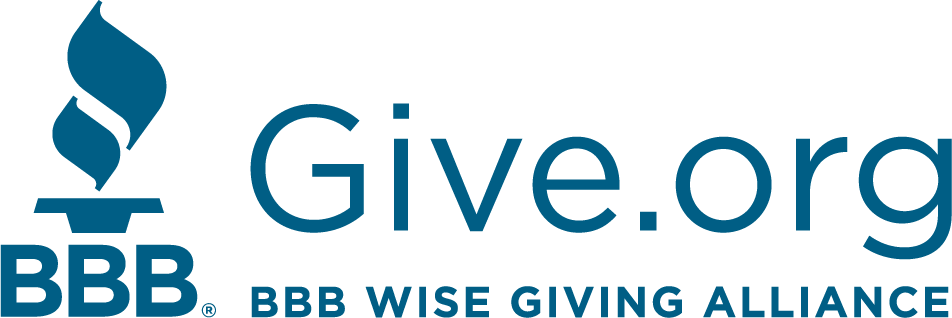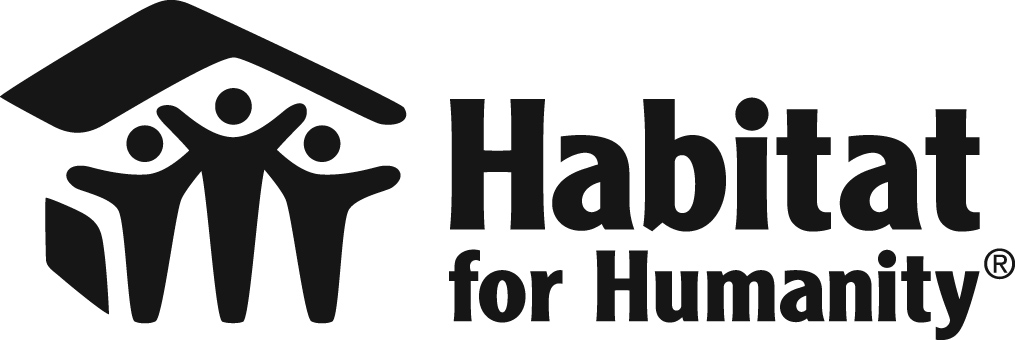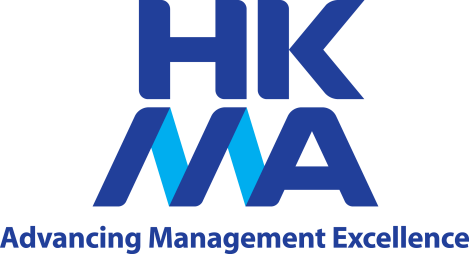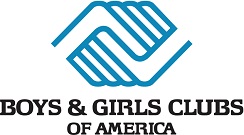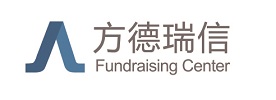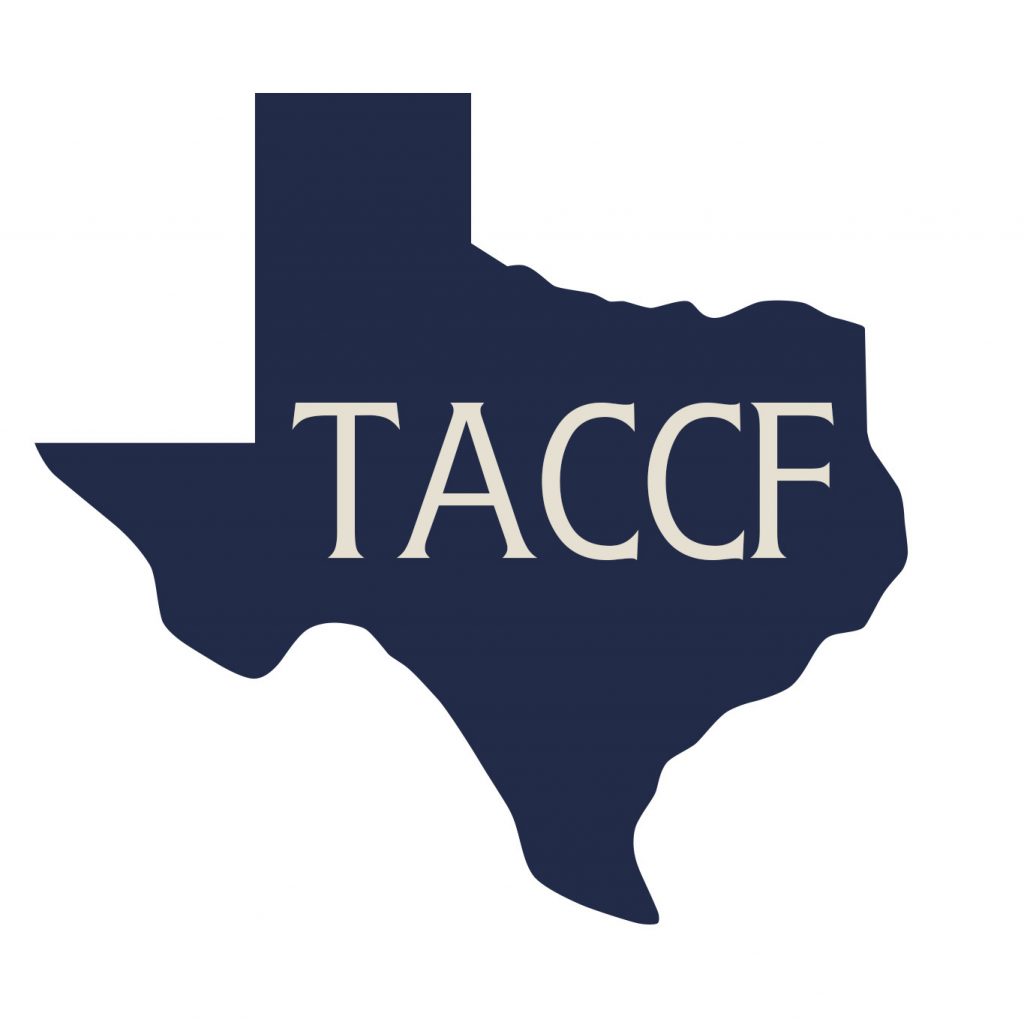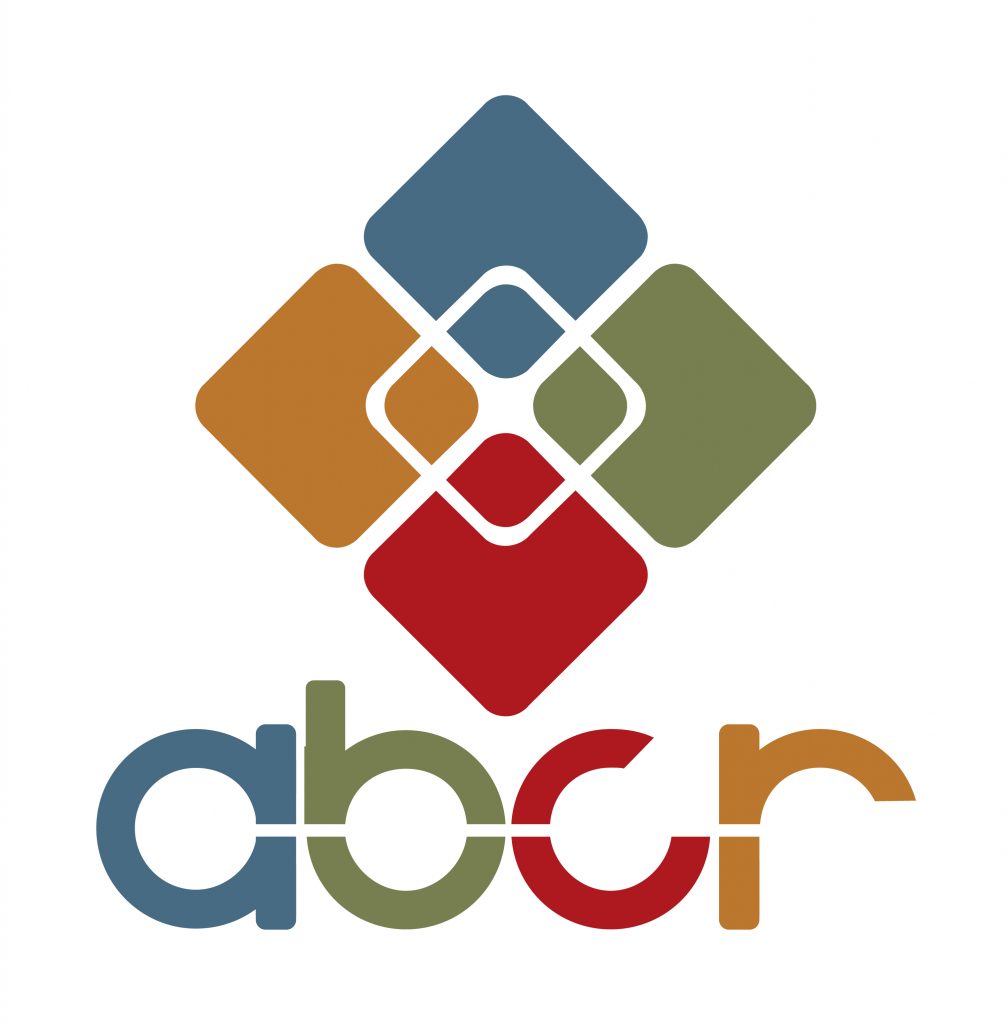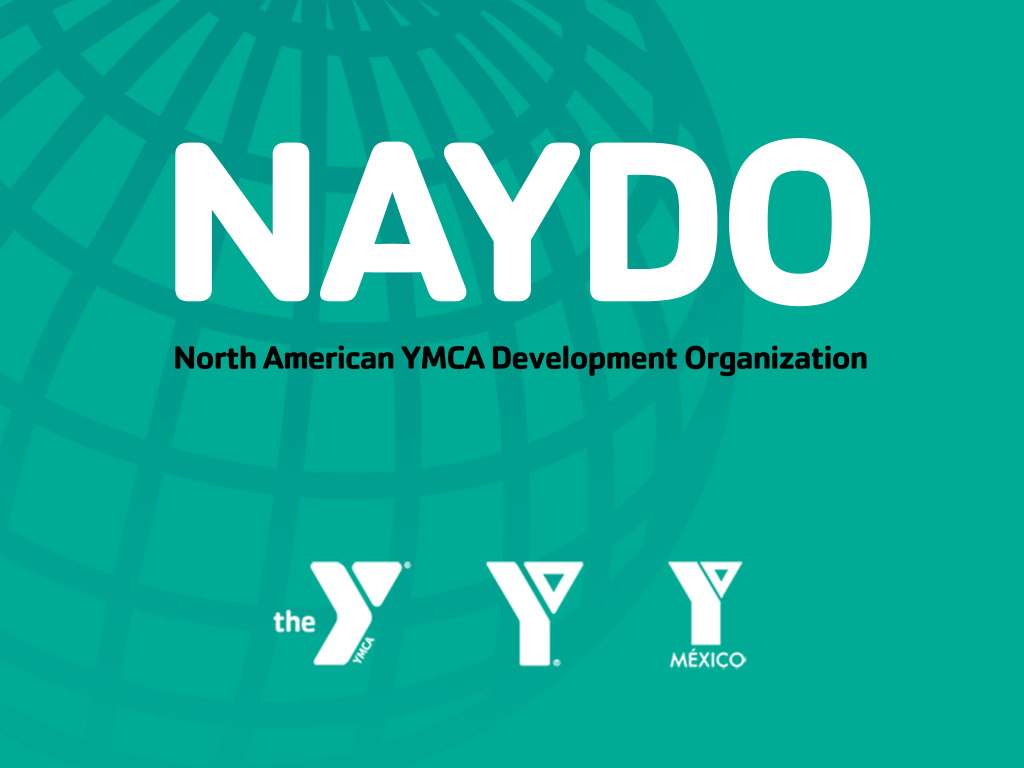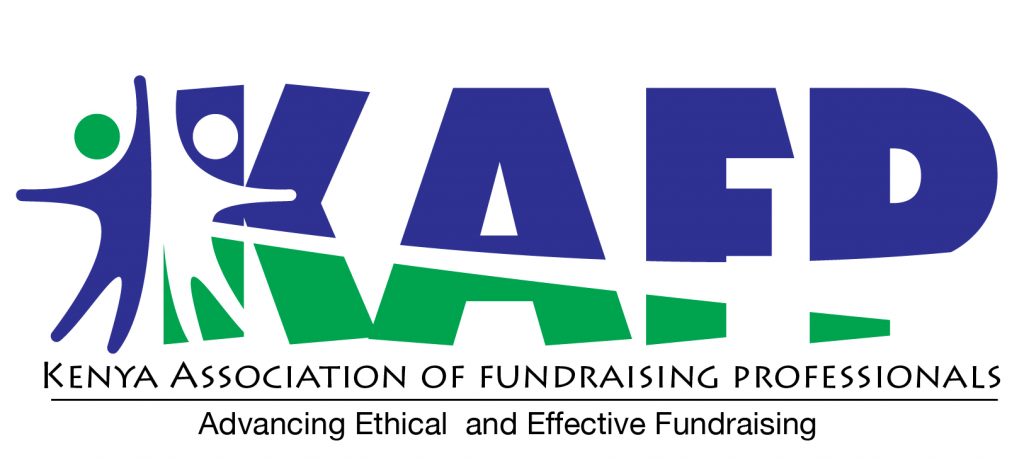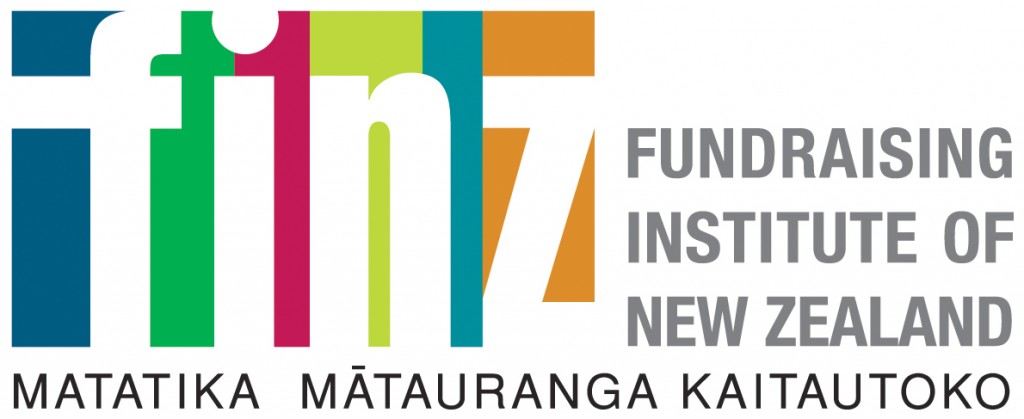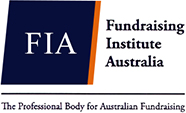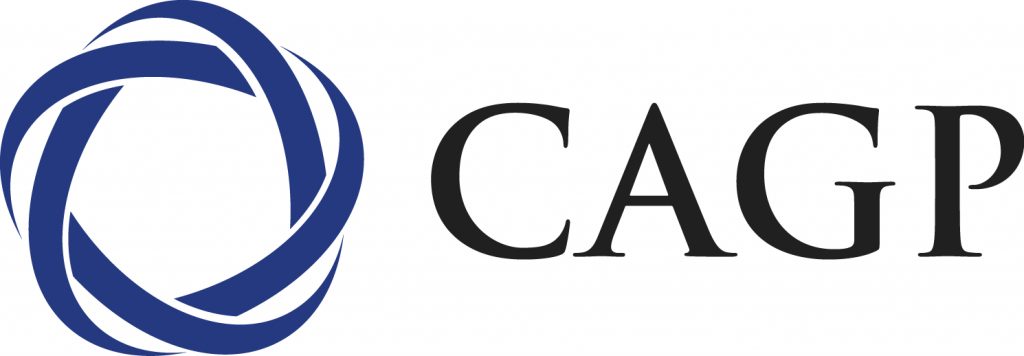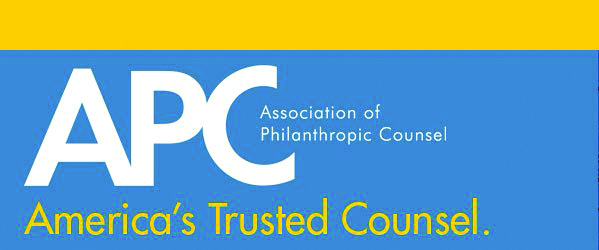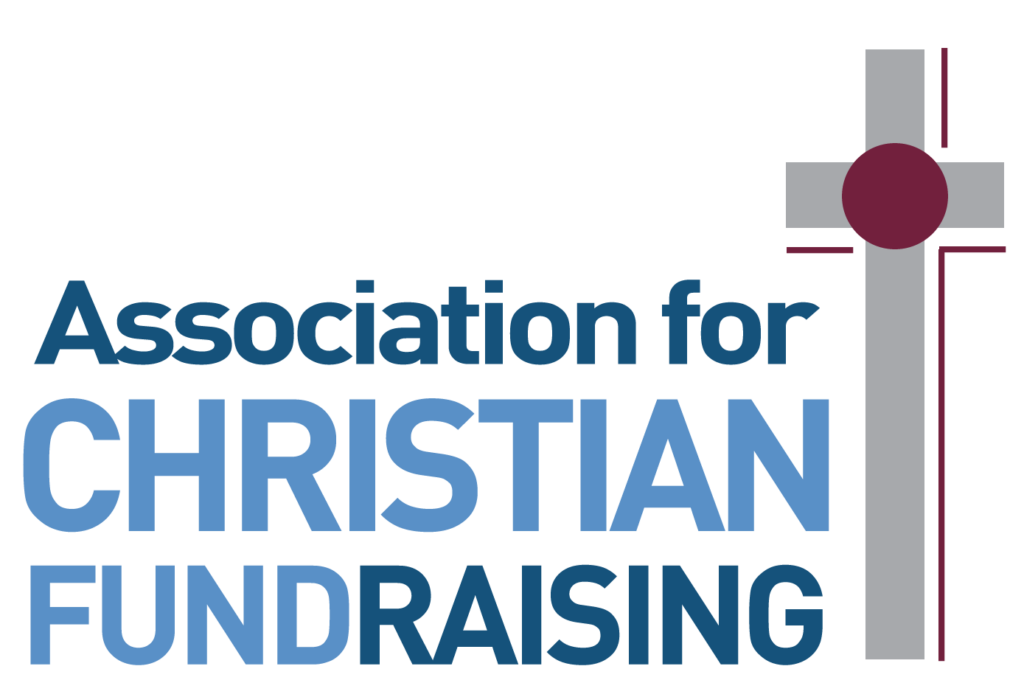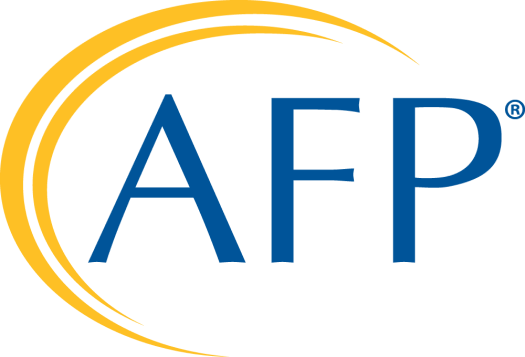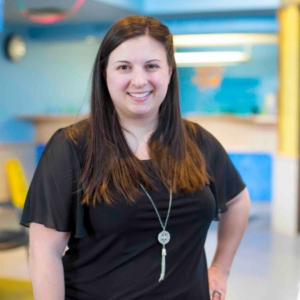 Since 2008, Marla Smith, CFRE, has been a dedicated fundraising professional bringing her talents to organizations including the United Way of St. Catharines & District and the Niagara Children’s Center.
Since 2008, Marla Smith, CFRE, has been a dedicated fundraising professional bringing her talents to organizations including the United Way of St. Catharines & District and the Niagara Children’s Center.
She earned her CFRE in late 2020. Now with more than several years of holding the credential under her belt, she shares her CFRE journey.
Per capita, there are more CFREs in Canada than any other country. For fundraising professionals in Canada, what value does the CFRE bring to their fundraising practice?
Obtaining the CFRE designation illustrates you are committed to philanthropy, have proven fundraising competence, and adhere to ethical standards and best practices.
I think Canadians with the CFRE designation have experienced more credibility in the sector while allowing them to advance in their careers.
Personally, the CFRE process provided me with the confidence to take on more responsibilities and increased my knowledge in all aspects of the non-profit sector.
For many people, becoming a CFRE is something they contemplate for several weeks up to several years before they start the process. Take us through where you were in your career at the moment you decided to become a CFRE and what made you think, “The time is right to do this.”
Becoming a CFRE was one of the first goals I set for myself when I entered the profession in 2008.
My mentor was a CFRE. She empowered and inspired me to invest in myself. I knew I loved working with donors and learning about the art and science of philanthropy. Advancing my career through professional development and learnings were intuitively part of my career journey.
In 2011, I had my daughter and then, in 2015, I had my son. During these years I used my time to continue to learn and grow but knew it wasn’t the ideal time to pursue my CFRE.
In 2020, during COVID, I was ready to do more. I was fortunate I had met the eligibility requirements and was able to apply quickly.
I felt huge satisfaction knowing I was embarking on such a monumental process and one that culminated my knowledge of 12 years in the sector.
Was there anything about the CFRE process that surprised you? If so, what?
It was really organized. I used the CFRE review guide to navigate the overarching goals of preparing for the test. Then, I leaned into the Resource Reading List to really tackle the CFRE Test Content Outline.
People often worry about how they will go about finding time to study for the CFRE Exam. How did you make time to study?
I set up a plan the day my CFRE application was approved. I knew I wanted to spend time really understanding all of the CFRE test content.
I dedicated one day a week to working on my CFRE, which included reading books and mastering the knowledge from the six Knowledge Domains the CFRE Exam focuses on.
Dedicating one day a week was sufficient and allowed me to absorb bite-sized information. I could then use the week to apply it in my work setting so that I truly grasped the knowledge and understood how to apply it in the workplace.
What advice do you have for anyone who feels overwhelmed at the thought of setting aside study time every week?
Creating a plan is key. After all, we are fundraisers! I knew if I could follow the plan and absorb the information, I would be able to achieve CFRE status and pass the exam.
Many times during the process I felt overwhelmed and struggled to motivate myself. I allowed myself a short break and then got back to studying.
I also spent time talking with others in the industry, asking questions about what they were working on and their experience with the CFRE process. These conversations were invaluable and provided me with social support, which, in turn, motivated and reenergized me to keep up with my study plans.
Which study materials did you use?
There were many resources that helped, but my top five include:
- The CFRE Candidate Handbook: So I could understand exactly what was expected from me and from the exam.
- The CFRE Test Content Outline: This allowed me to understand the specific types of knowledge and competencies that the review board was looking for me to know and apply.
- The AFP CFRE Review Course: This two-day workshop connected me with peers also eager to obtain the CFRE designation and work together to better understand the materials.
- The “Achieving Excellence in Fundraising” book: It outlines the materials I wanted to focus on and gave me enough information to understand the CFRE Test Content Outline.
- The CFRE Practice Exam: Was wonderful for me to do just before I took the exam. I could see how the questions would be worded and it ensured I understood how to apply my knowledge.
You have an especially strong background in major gifts and planned giving. Were there any areas of the exam you felt less familiar with? If so, what was the benefit of brushing up on those areas while studying?
I felt good about my practical and theoretical understanding for Domains 1 – 4. I had spent the majority of my career attending professional development and reading books specifically about donors, volunteers, prospect research, and building meaningful relationships.
I had spent less time doing professional development and reading for Domains 5 and 6.
As I delved into Domains 5 and 6, I found I had more knowledge than I expected.
These opportunities were a win-win. I applied what I learned and it allowed me to strengthen the operational supports in my workplace.
What types of career benefits have you experienced as a result of having the CFRE?
After obtaining my CFRE, I stayed in my current role, but decided it was time to give back to the sector. I started volunteering on the Board of Directors for my local AFP and CAGP chapters.
These volunteer roles are fulfilling and allow me to pay it forward while contributing to the sector that has given so much to me.
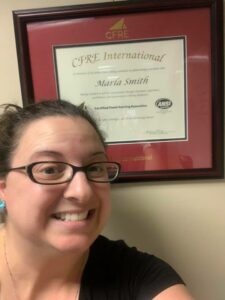 What words of wisdom do you have for anyone on the fence about whether or not to pursue their CFRE?
What words of wisdom do you have for anyone on the fence about whether or not to pursue their CFRE?
Invest in yourself!
I decided to pursue the CFRE designation when I entered the industry in 2008. It was a both a personal and professional goal.
I knew it would be hard and take dedication, but I was committed to working in philanthropy and love learning. Going through the CFRE process allowed me to reflect on my career goals and aspirations
I encourage anyone who is thinking about obtaining their CFRE to look into the process and invest in yourself.
